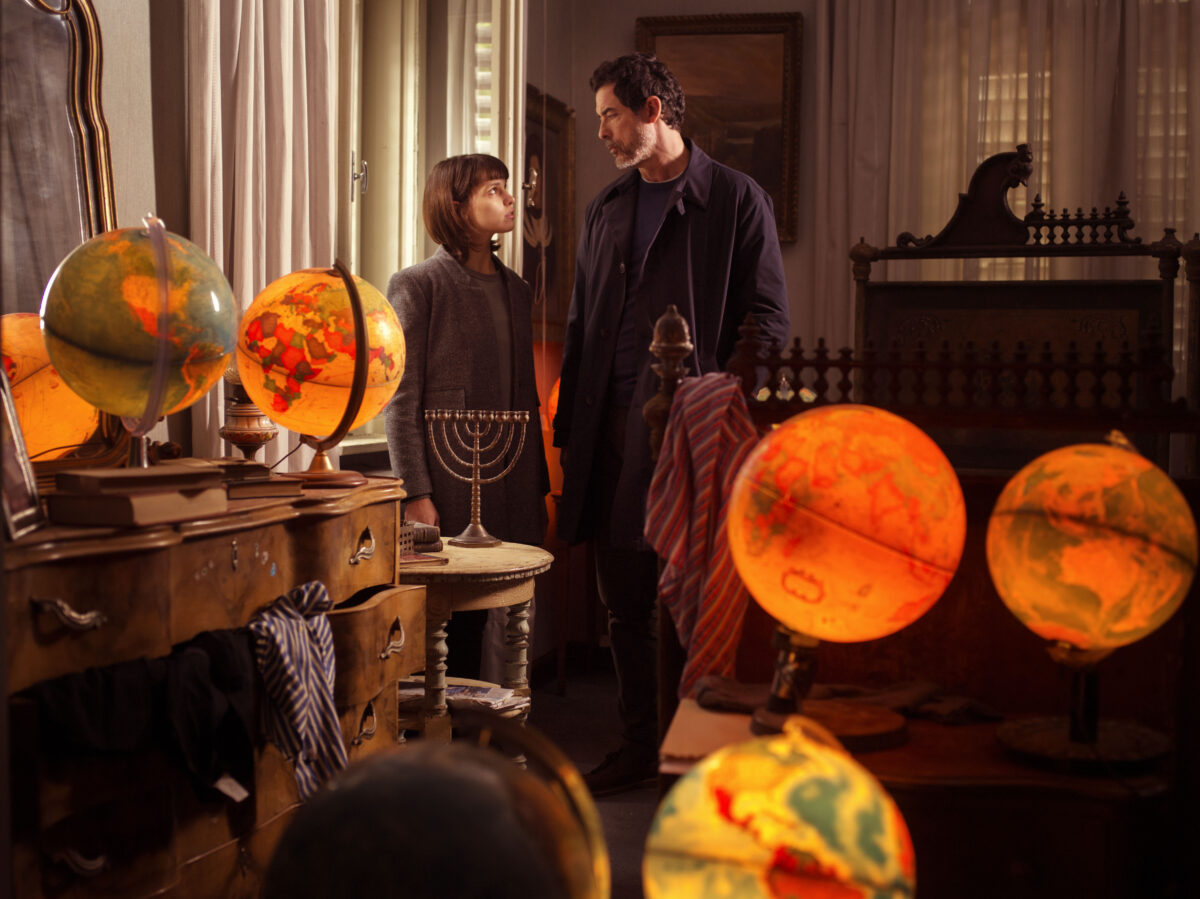Mauro Mancini’s Italian-language feature film, Thou Shalt Not Hate, is driven by moralistic fervor.
Scheduled to be screened online at the autumn edition of the Toronto Jewish Film Festival, which runs from October 22 to November 1, it pits a middle-aged Jewish doctor against a young neo-Nazi thug.
The first scene establishes its tone and direction.
A father, having forced his young son to drown a litter of kittens in a lake, softens the blow by saying that people must sometimes do unpalatable things.
Decades later, the boy, Simone Segre, is kayaking on a river when he hears the crash and thud of a car accident on the adjacent road. Segre (Alessandro Gassman), a physician, rushes to the disabled vehicle to lend a helping hand to the injured driver. When he spies a swastika tattoo on his bloody chest, he leaves the scene, revolted by the man’s fascist beliefs. Gassman delivers a bravura performance as a doctor oscillating between anger and compassion.
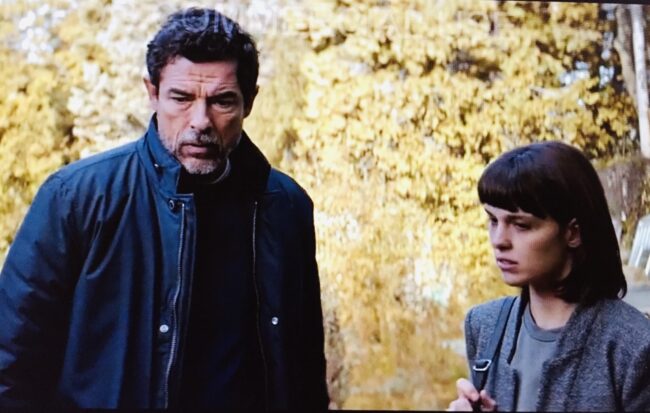
Torn by guilt and remorse, Segre reaches out to his daughter, Marica (Sara Serraiocco), whom he hires to clean his apartment several times a week. Marica, an accountant in her late 20s, is looking for a new position, but in the meantime, she is working at a grocery store to cover her expenses. The job that Segre offers Marica supplements her meager income. Serralocco is impressive in this pivotal role.
Marica’s younger brother, Marcello (Luka Zunic), a member of a neo-Nazi gang, reprimands her for having accepted the job. “You’re working for a fucking Jew!” he exclaims, barely able to contain his rage. “You have to work for that kind of shit?”
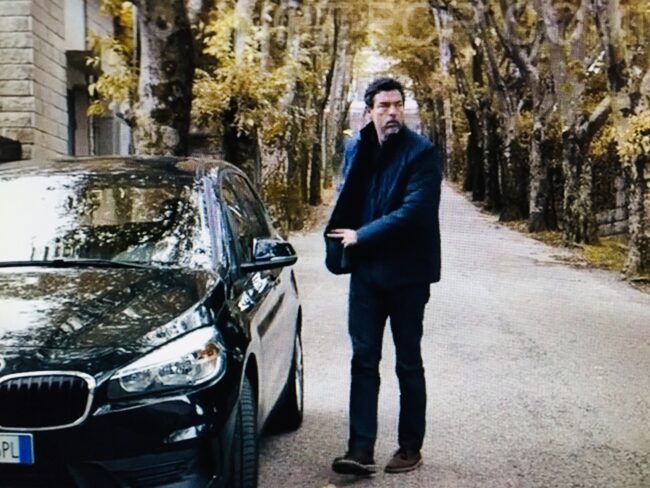
No antisemite herself, Marica resists his pressure to quit, whereupon Marcello threatens Segre, a soft-spoken and reserved bachelor who lives in a spacious flat in an unidentified city in Italy. Upset by Segre’s reaction, he and his friends beat him up. Segre is tempted to report the incident to the police, but he backs away at the last moment.
As Segre grows closer to Marica, an attractive and level-headed woman almost 20 years younger, he confides in her. Segre tells her that his father went through a war and a concentration camp. She listens intently.
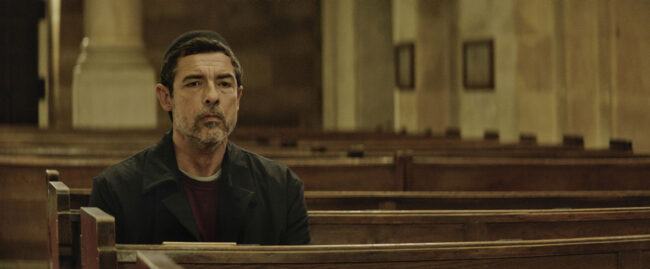
In the meantime, Rocco, the leader of Marcello’s gang, informs Marica that her late father piled up debts that must be repaid within ten days. As far as Rocco is concerned, money trumps ideological affinity. This revelation shocks, angers and disillusions Marcello, whom Zunic portrays with quiet confidence.
Mracello’s younger brother, Paolo, has been exposed to his animus toward Jews, but has not yet been shaped by it. During a walk in a park with Segre, Paolo asks him if he’s Jewish, and then he says, “My brother doesn’t like people like you.”
Inevitably, Segre and Marica grow somewhat intimate, but this is a relationship without a future.
When Marcello is hurt in a violent confrontation with Rocco, Marica brings him to Segre rather than a hospital for treatment. Segre must decide whether to abide by his Hippocratic oath and save his life, or allow him to die like his father.
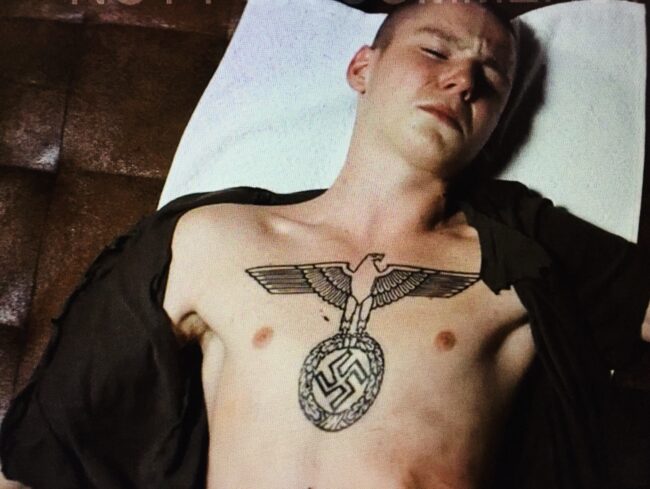
This existential life-and-death question looms over Thou Shalt Not Hate, a deceptively strong film with a clear and unambiguous message.
